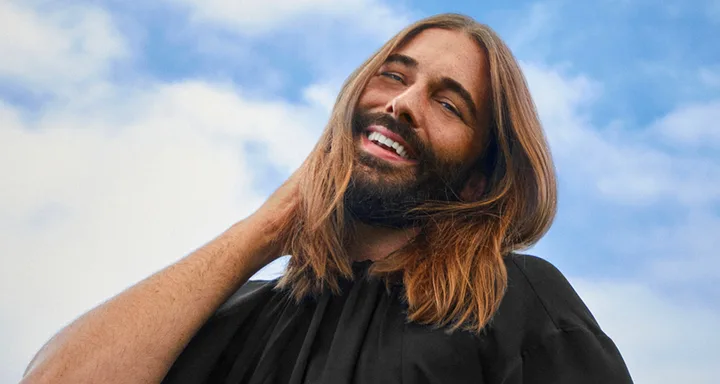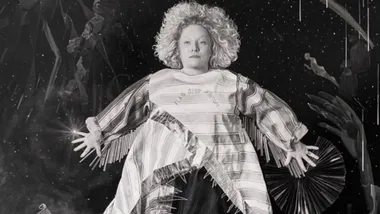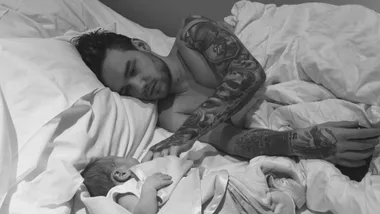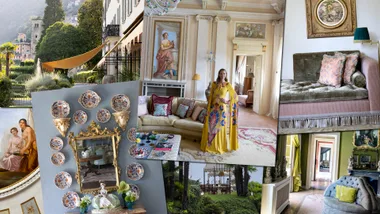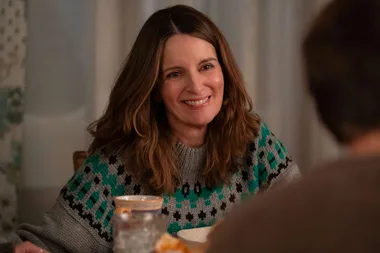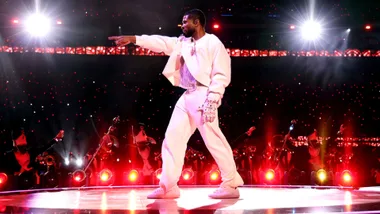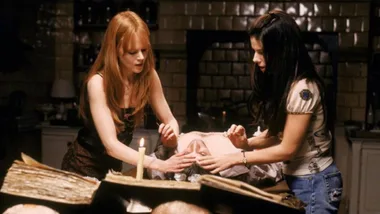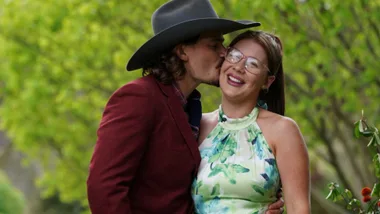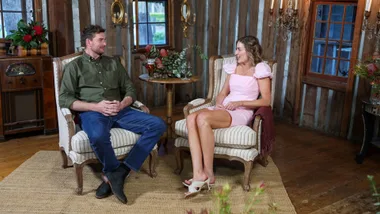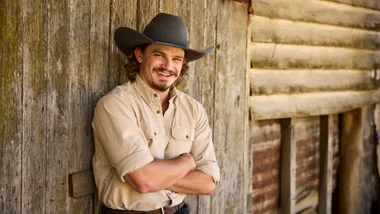I never knew I was body positive. I was positively aware I had a body, but one I found unbearably undesirable to myself and, from what I’d been told, definitely to other people.
For much of my life, I couldn’t find one thing about the way I looked that I enjoyed. It took me decades to accept my body and eventually celebrate it. As someone who is known for practising self-love, I’m often unintentionally reminded of the double-edged sword of being associated with body positivity.
People are constantly saying things to me like, “You’re so inspiring for wearing those crop tops and taking your shirt off. I could never do that!” Or, “I have an average body too! I struggle with confidence, but then I see you and it gives me hope.”
Um, ew? Why does it have to be an act of bravery to wear what makes me feel good? Why would someone see this miraculous body that allows me to live my wonderfully best life and call it average? None of our bodies are average, and our desirability shouldn’t be related to how the world at large views and labels them. Sadly, it took me a long time to realise this.
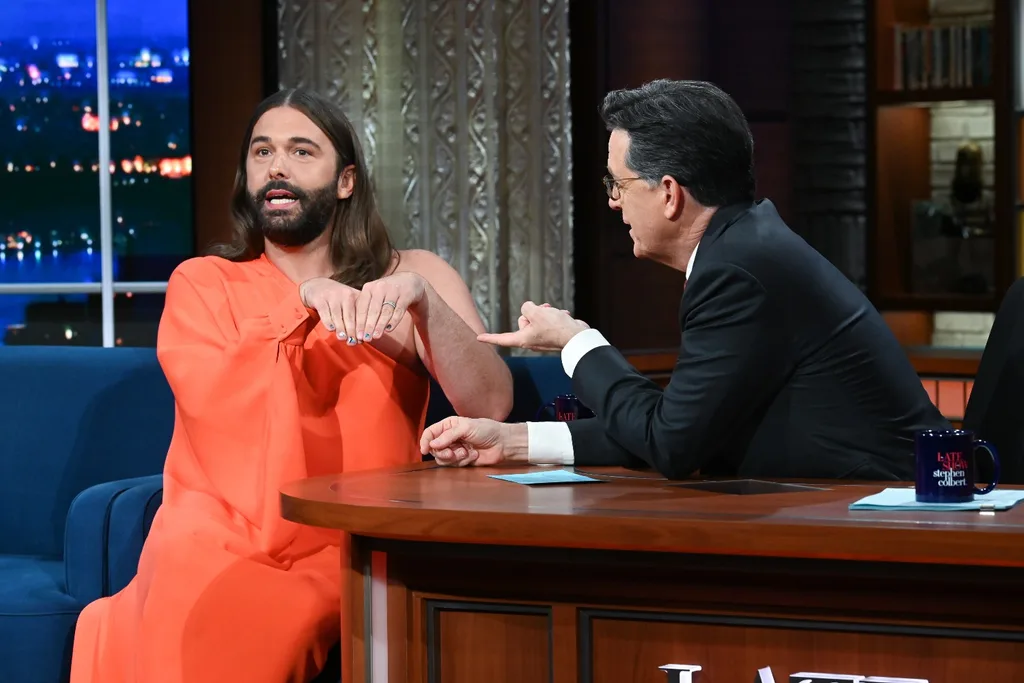
There was a point in my life when I included the phrase “body positivity” whenever I talked about my evolving feelings of self-love and care, but I now much prefer the relatively newer concept of “body neutrality”, which strikes down the idea that I always have to equate feeling good about my body to feeling good in general.
Body positivity is nice in theory, but it’s an unrealistic expectation to constantly uphold because we are all beautifully complicated humans with near-infinite ranges of emotion.
Body neutrality allows for a more naturally holistic relationship with these physical vessels we inhabit, and the idea is to focus on what our bodies can do for us, not how they appear.
It’s OK for me to have days where I wish I looked a little different, so long as I understand that I can also lead a complete, gorgeous and fulfilling life that coexists with those feelings.
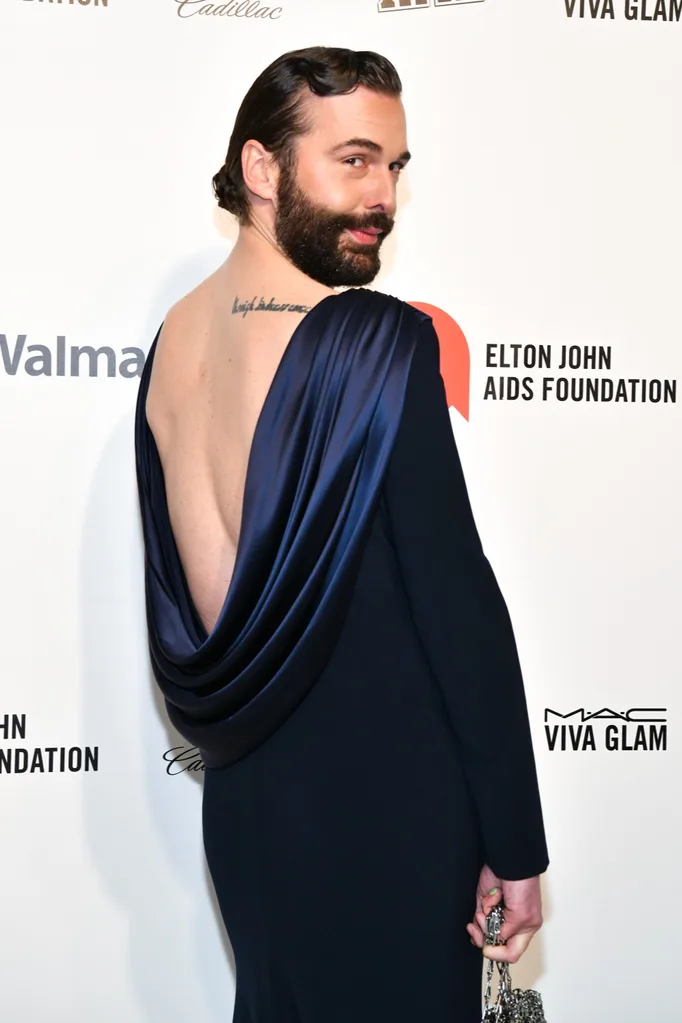
Even the positive messages we get can morph into tiny blows to our self-esteem. I know the people who send them to me mean well, and I’m honoured that they feel comfortable reaching out. But those messages come across as unintentionally cruel.
They make me feel like I shouldn’t feel confident or proud of my body exactly the way it is. Those messages subtly – and I hope, again, unintentionally –reinforce the idea that posting images of anything that isn’t an Adonis body ready to win first prize at a fitness competition is a risky proposition.
I believe that in order for all of us to cultivate more body neutrality we need to actively reject the falsehoods inherent in diet and fitness culture. Trust me, you will not be happier or feel more whole if you have visible abs.
Instead, let’s practise emotional and mental fitness, because not being judgmental of our bodies and the bodies around us is the real key to body neutrality, and to a happier life.
I refuse to waste any more time believing in anything less than my humanity and my right to love and be loved. I know there will still be days when I don’t feel this way, but in those moments I will also know it’s because I absorbed some toxic ideas in my past that I’m still unlearning.
I’ve promised myself that every time those feelings come up I will try to make myself release them back into the past. And I hope you choose to do the same, you stunning fucking queen.
An extract from Love That Story: Observations from a Gorgeously Queer Life, by Jonathan Van Ness (Simon & Schuster, $34.99).
